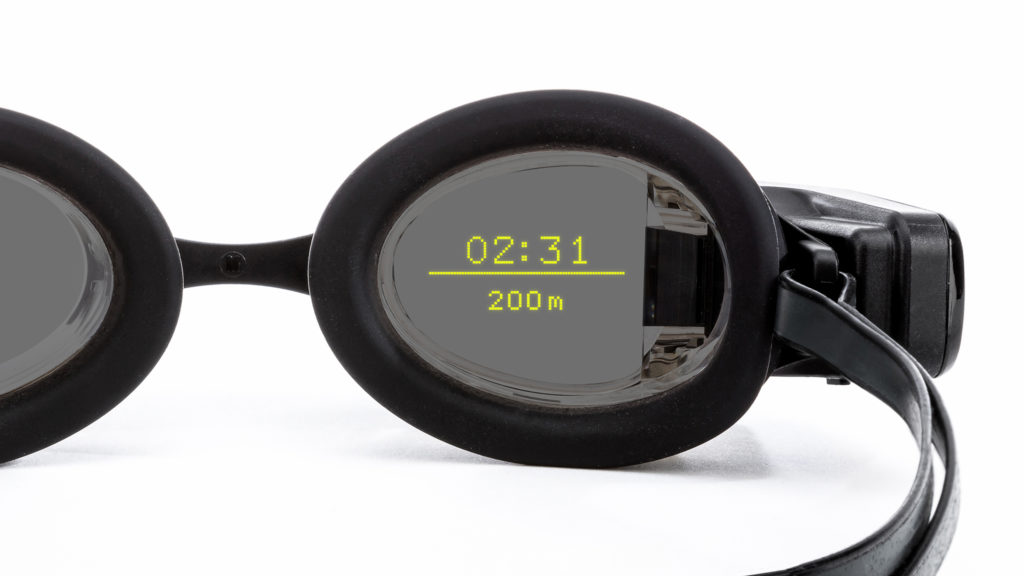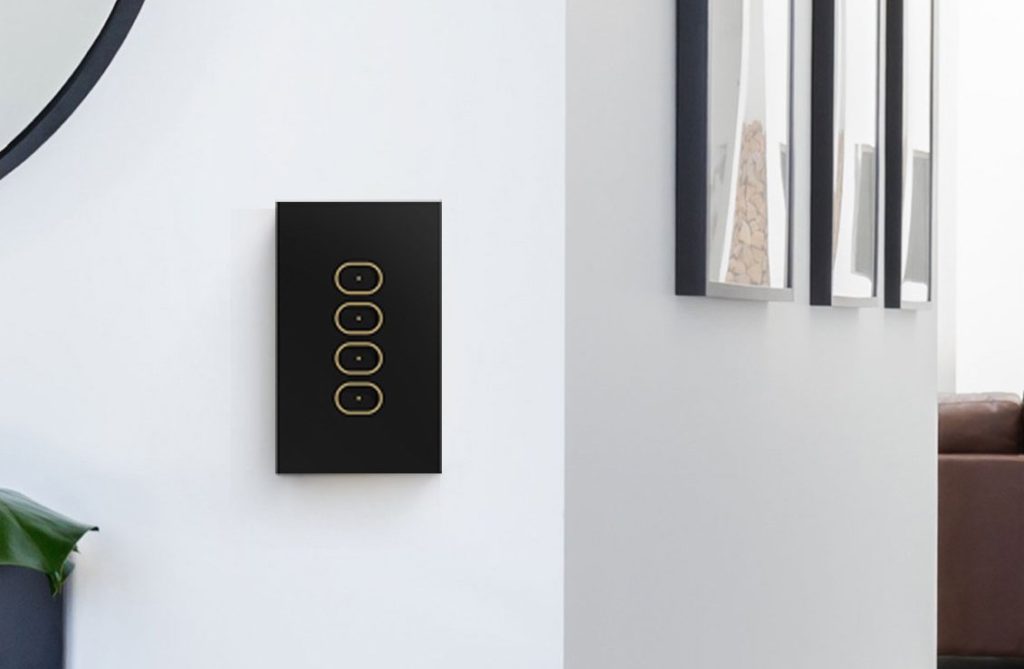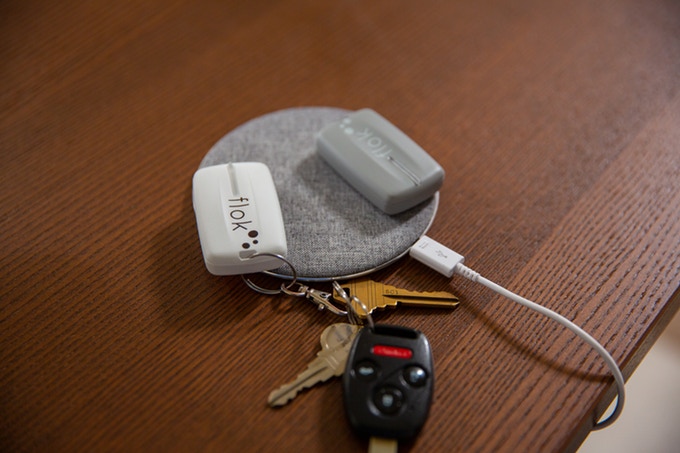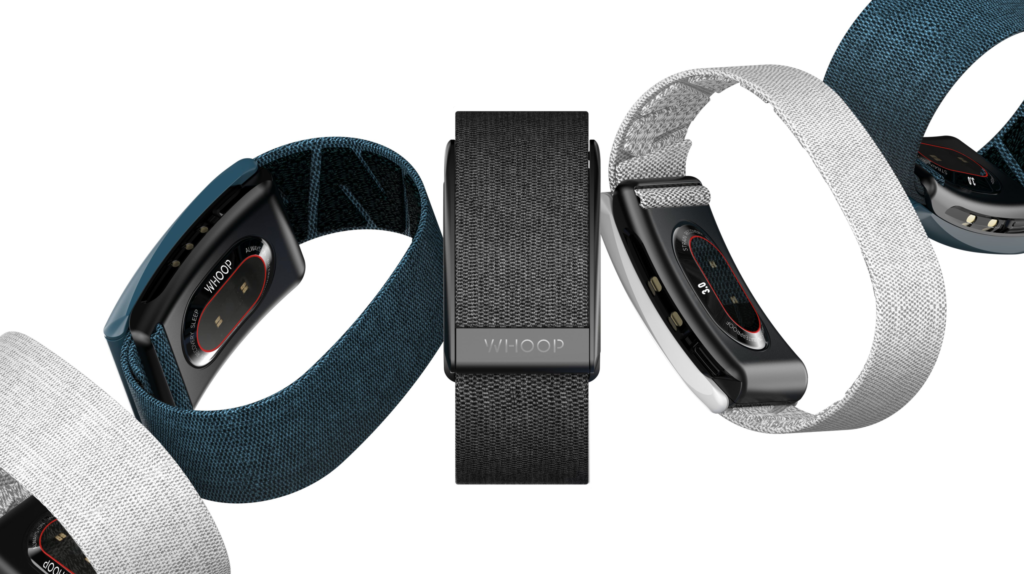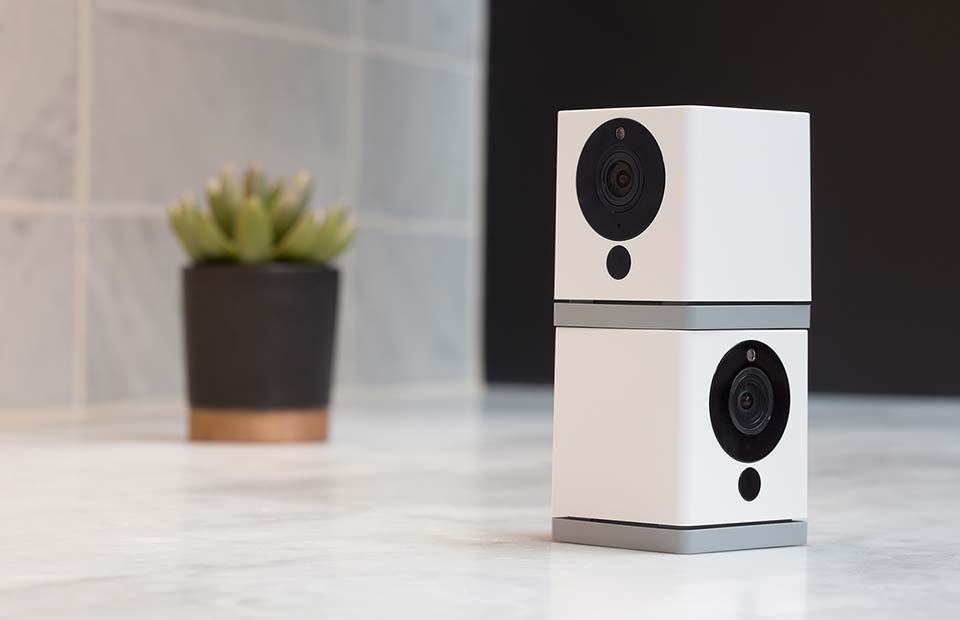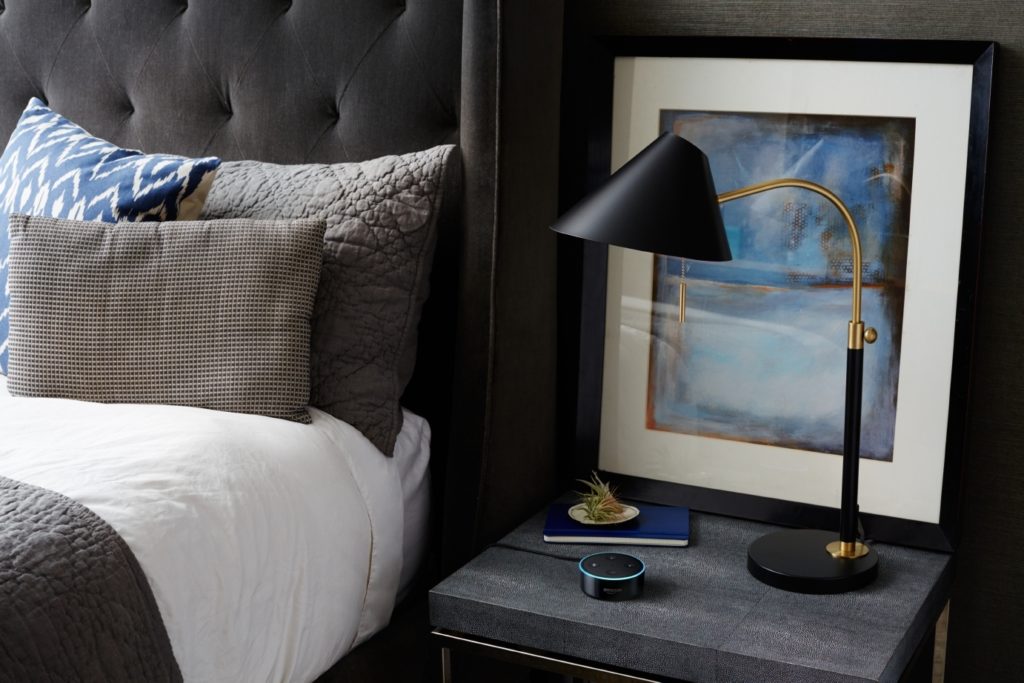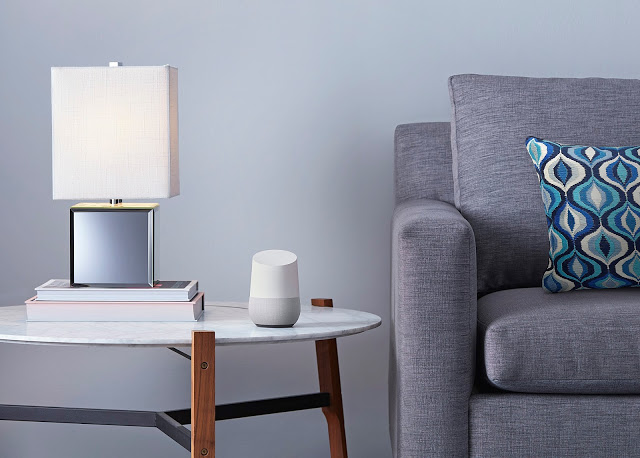This week’s show digs into the announcements made during Amazon’s Alexa Live event held Wednesday. We explain the Connect Kit hardware and Alexa skill upgrades and try to offer a bit of context about what it means for users and developers. After that, we move to Wyze’s ask for donations and our fears over its business model. Then Kevin and I talk about big soda bringing QR codes back in the U.S. Next, we cover Ford, Fitbit, a new lighting brand at Best Buy, and new smart plugs from Belkin Wemo. Finally, we answer a question about automating a Schlage lock and Zigbee lights using SmartThings.
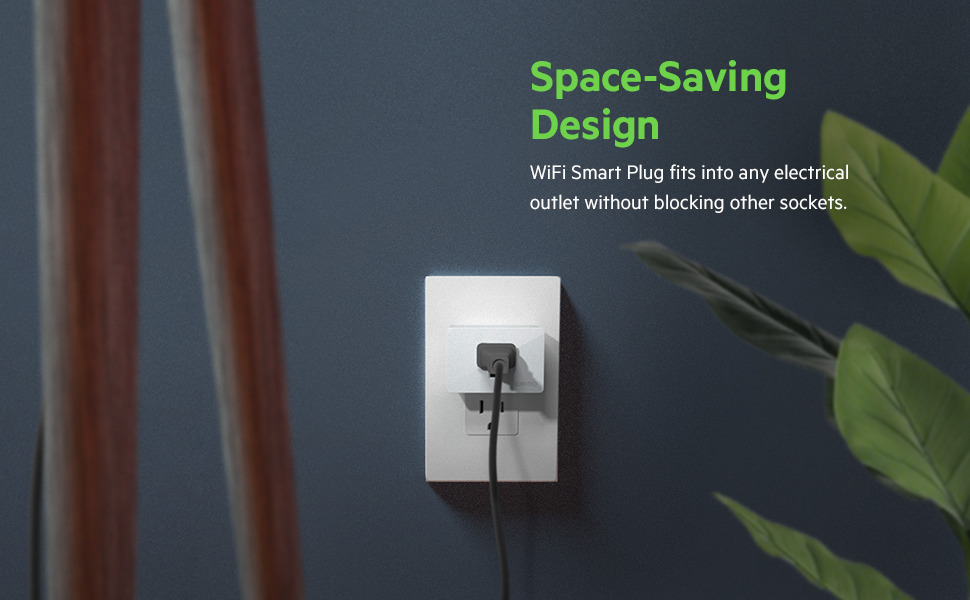
Our guest this week is John Smee, the VP of engineering and head of cellular research at Qualcomm, who explains everything you need to know about 5G for the IoT. We discuss the recently approved release 16 version of the 5G standard and how it helps with enterprise and industrial IoT. That release includes the ability to combine licensed and unlicensed spectrum, offers better positioning and lower latency. And then we move onto the Release 17 standard that will come out in 18 months. This standard is what I call the Goldilocks standard that will provide a mix of capabilities between the superfast multi-gigabit 5G on phones today and the very low-data-rate NB-IoT capabilities. You’ll learn what it will enable and when to expect it. Enjoy the show.
Hosts: Stacey Higginbotham and Kevin Tofel
Guest: John Smee, the VP of engineering and head of cellular research at Qualcomm
Sponsor: Very
- Amazon’s Alexa updates make it smarter and put Alexa inside apps
- Wyze wants its “friends” to donate for person detection
- Smart lighting and outlets get two new products
- This upcoming 5G update will give us 100 Mbps speeds for IoT devices
- 5G will do away with buying a bucket of data
Podcast: Play in new window | Download | Embed
Subscribe: RSS

